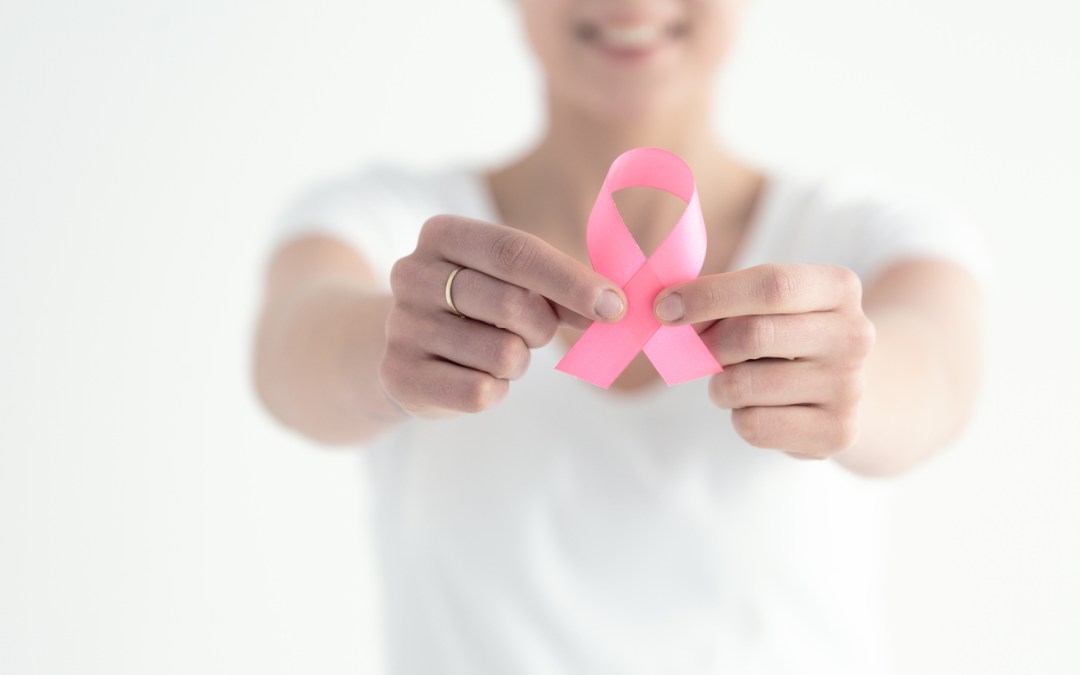You can reduce your breast cancer risk, and you can start today.
It’s true that some risk factors are inescapable—genetics, aging, and reproductive history, for instance, all play roles in determining a woman’s overall risk.
But there are also many risk factors over which you do have control.
Proper diet and exercise help, as with so many health issues. Nourishing your body and getting enough physical activity keeps your weight, hormones, and other contributing factors in check, reducing your cancer risk across the board. To work toward a lower breast cancer risk, you must know where to make changes to your lifestyle to achieve lasting effects.
Here are a few ways to get started.
1. Get Moving
You can reduce your risk of breast cancer by increasing your physical activity. Try to get at least 150 minutes of moderate aerobic activity a week.
Daily exercise lowers your cancer risk by:
- Regulating your hormone levels
- Decreasing inflammation throughout your body
- Lowering your body mass index
(You don’t even have to go to the gym to get your workouts!)
2. Quit Smoking
Easier said than done, but hugely important. Smoking is linked to a higher risk of breast cancer—as is second-hand smoke exposure. It can also lead to complications during treatment for breast cancer.
If you haven’t had success quitting on your own in the past, do everything you can to put yourself in position now. Smoking cessation is possible.
3. Moderate Drinking
Alcohol can increase estrogen levels and damage cellular DNA, both of which contribute to cancer risk. Research has shown that women who have three alcoholic beverages per week have a 15% higher risk of breast cancer.
4. Eat Better
Nutrition influences roughly 35% of breast cancer cases. A good diet has endless advantages, including reduction of your cancer risk. Limit your intake of refined sugars, carbohydrates, and processed meats. When possible, try to include as many whole grains, clean proteins, and healthy fats as possible in your diet.
5. Regulate Sleep
There’s emerging evidence that sleeping more than the recommended 7-8 hours per night can increase breast cancer risk, while early risers have a slightly lower risk.
6. Examine Yourself
A breast self-exam is essential for early detection. As many as 40% of women diagnosed with breast cancer first detected a lump while examining themselves. Try to perform a self-exam once a month.
7. Get Examined
The benefits of prevention are many. Among them is combating cancer risk. Your physician can give you a better idea of your personal risks and how you can adjust your habits for maximum impact. They can also help you better understand when you should be getting mammograms.
As you make improvements to your daily routines, you can greatly reduce your risk of developing breast cancer in your lifetime. Share these tips with your loved ones to help them reduce their risk, too.

